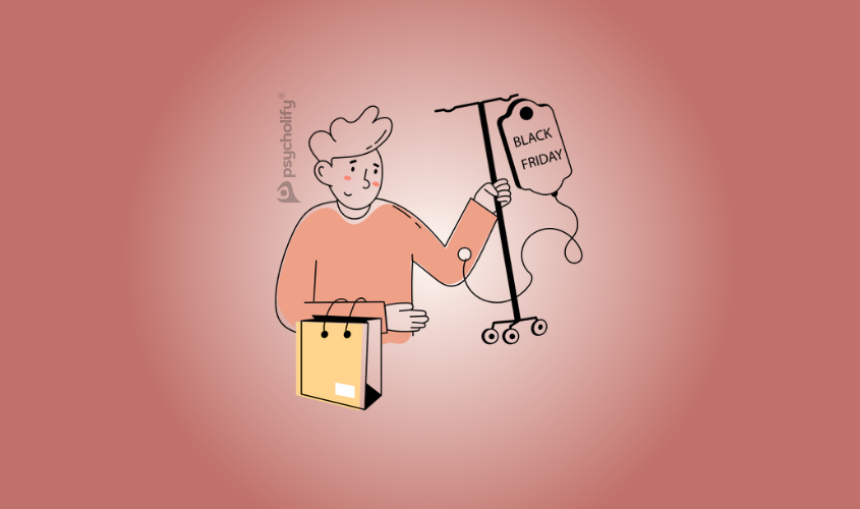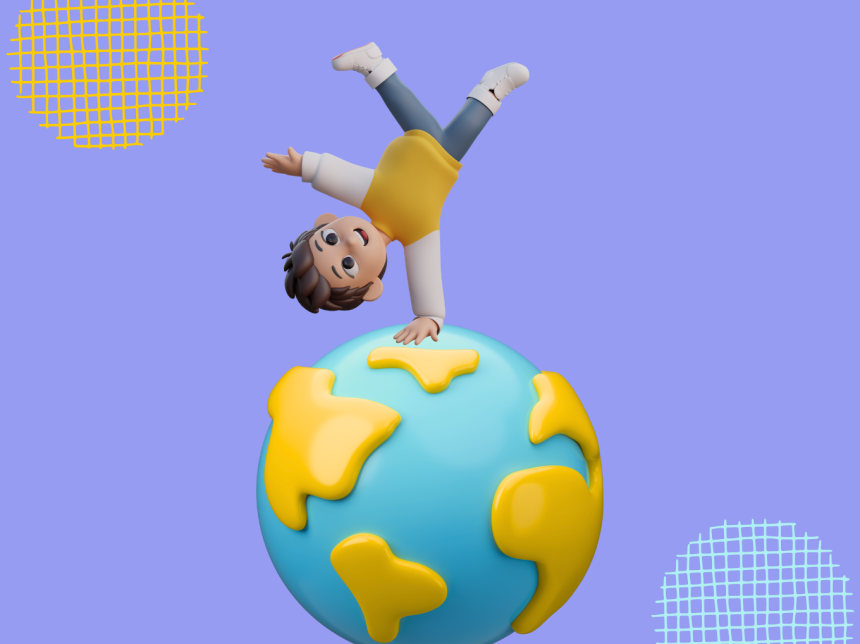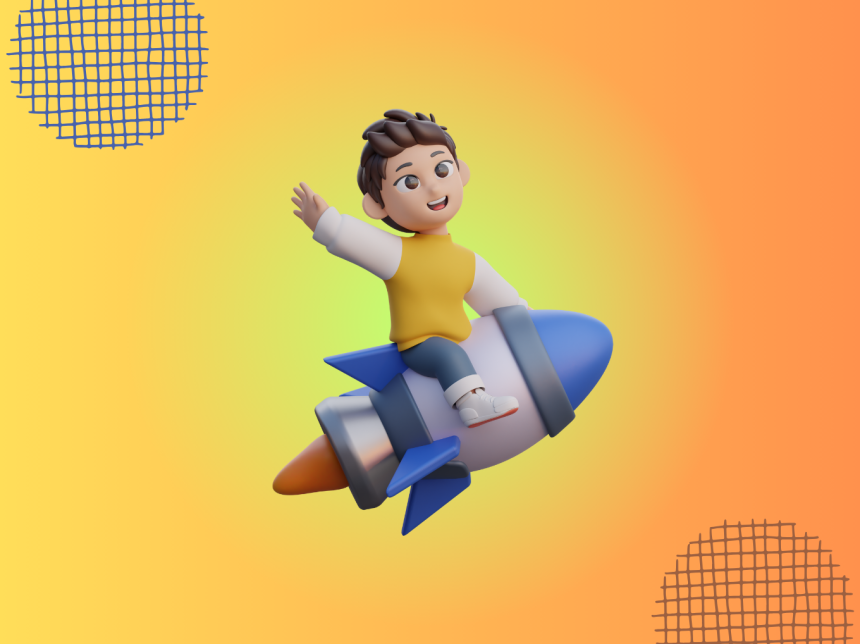
The Evolution of Mental Processes: From Survival Instincts to Complex Thinking
Discover how mental processes evolved from basic survival instincts to higher cognition. Explore psychology, neuroscience, and the evolution of the human mind.
The Human Mind Through Time
The human brain is often called the most complex organ in the known universe. But it didn’t appear in its modern form overnight. Over millions of years, mental processes evolved step by step—from basic survival instincts in early life forms to the rich, abstract thinking that defines humans today.
Understanding the evolution of mental processes not only explains where our thoughts and emotions come from, but also sheds light on behavior, decision-making, and even modern challenges like stress and anxiety.
Early Foundations: Instinct and Survival
The earliest organisms had only one mental priority: survival. Their nervous systems processed simple cues like light, heat, or movement. Over time, these processes became more sophisticated:
- Reptilian Brain Functions – Instinct-driven processes such as fight-or-flight responses, reproduction, and territorial defense.
- Basic Learning Mechanisms – Through trial and error, early creatures adapted behaviors that helped them thrive.
This primitive foundation still lives in us today; our rapid reactions to danger stem from these ancient systems.
The Growth of Emotion and Social Cognition
With mammals came more complex brains and, with them, the capacity for emotion. Emotional processing helped guide behavior beyond simple survival:
- Bonding and Care – Maternal instincts and social attachment improved survival rates.
- Communication – Emotional expressions became vital for group living.
- Empathy – The ability to sense others’ feelings laid the groundwork for cooperation.
The Rise of Higher Cognition
The most profound leap occurred with the evolution of the neocortex in primates and especially in humans. This part of the brain gave rise to:
- Abstract Thinking – The ability to plan, imagine, and problem-solve.
- Language – Complex communication systems allowed cultural transmission of knowledge.
- Self-Awareness – Humans began to reflect on their own thoughts and existence.
- Moral Reasoning – Understanding right and wrong became a social necessity.
These higher processes allowed humans not just to survive, but to build civilizations, art, and technology.
Modern Mental Processes: The Double-Edged Sword
Our advanced mental processes come with both advantages and challenges:
- Problem-Solving & Creativity – Enabled scientific discovery and innovation.
- Overthinking & Anxiety – The same brain that plans the future can also generate constant worry.
- Cultural Identity & Conflict – Shared beliefs create communities, but also divisions.
In other words, the evolution of our mental processes is a story of both progress and complexity.
Psychology and Neuroscience Insights
Modern psychology and neuroscience help trace these evolutionary layers:
- The triune brain theory suggests that the human brain integrates reptilian instincts, mammalian emotions, and human rationality.
- Cognitive psychology explores how perception, memory, and reasoning emerged from simpler mechanisms.
- Evolutionary psychology studies how ancient survival strategies still shape modern behavior.
From Instinct to Introspection
The evolution of mental processes tells a remarkable story: from organisms reacting to basic stimuli to humans reflecting on the meaning of existence. Our minds are shaped by layers of history, each influencing the way we think, feel, and act today.
Recognizing this deep evolutionary journey not only helps us understand human behavior but also encourages compassion—for ourselves, and for the ancient mental processes still guiding us.




